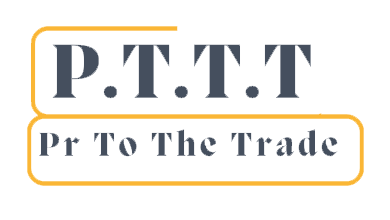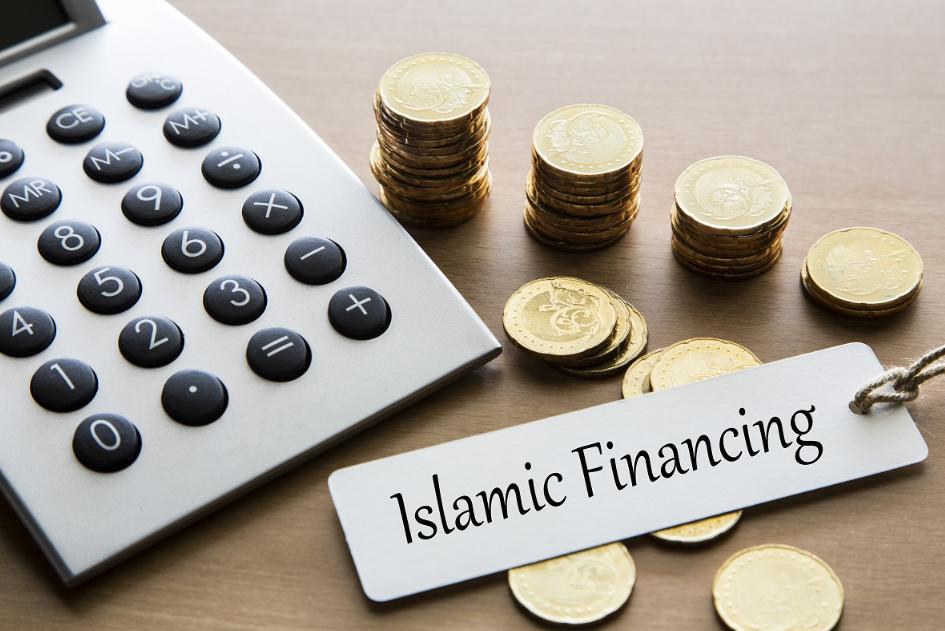Sharia finance, rooted in Islamic principles, has gained global recognition as an ethical and inclusive financial system. However, despite its growing popularity, several misconceptions persist, often deterring people from exploring its benefits. Let’s debunk some of the most common myths and shed light on the realities of Sharia-compliant finance.
Misconception 1: Sharia Finance is Only for Muslims
One of the most widespread myths is that Sharia finance is exclusively for Muslims. While it adheres to Islamic principles, its ethical foundations—such as avoiding interest, promoting risk-sharing, and investing in socially responsible projects—appeal to a broad audience. Many non-Muslims choose Sharia finance for its transparency and commitment to ethical practices.
Misconception 2: Sharia Finance is Not Profitable
Another misconception is that Sharia-compliant investments are less profitable than conventional ones. In reality, Sharia finance operates on profit-and-loss sharing models, which can yield competitive returns. For example, an Islamic superannuation fund invests in ethical, asset-backed ventures, often delivering stable and attractive returns over time.
Misconception 3: Sharia Finance is Too Complex
Some believe that Sharia finance is overly complicated and difficult to understand. While its principles differ from conventional finance, the core concepts are straightforward. Products like Islamic home loans or savings accounts are designed to be accessible, with clear terms and structures that align with ethical guidelines.
Misconception 4: Sharia Finance Lacks Regulation
There’s a misconception that Sharia finance operates outside regulatory frameworks. In truth, Sharia-compliant institutions are subject to the same regulations as conventional banks. Additionally, they often have Sharia advisory boards to ensure compliance with Islamic principles, adding an extra layer of oversight.
Misconception 5: Sharia Finance is Limited in Scope
Many assume that Sharia finance offers only basic products like loans or savings accounts. However, the system encompasses a wide range of financial solutions, including insurance (Takaful), investment funds, and even ethical credit cards. This diversity makes it a viable option for various financial needs.
Misconception 6: Sharia Finance is Riskier
Some people think that Sharia finance carries higher risks due to its unique structures. In fact, its emphasis on asset-backed transactions and risk-sharing often results in more stable and resilient financial products. This approach reduces speculative practices, contributing to long-term financial security.
Conclusion
Sharia finance is a robust and ethical financial system that offers benefits beyond religious adherence. By debunking these misconceptions, it’s clear that Sharia-compliant products are accessible, profitable, and well-regulated. Whether through an Islamic superannuation fund or other ethical investments, Sharia finance provides a meaningful alternative for those seeking to align their financial decisions with their values.

